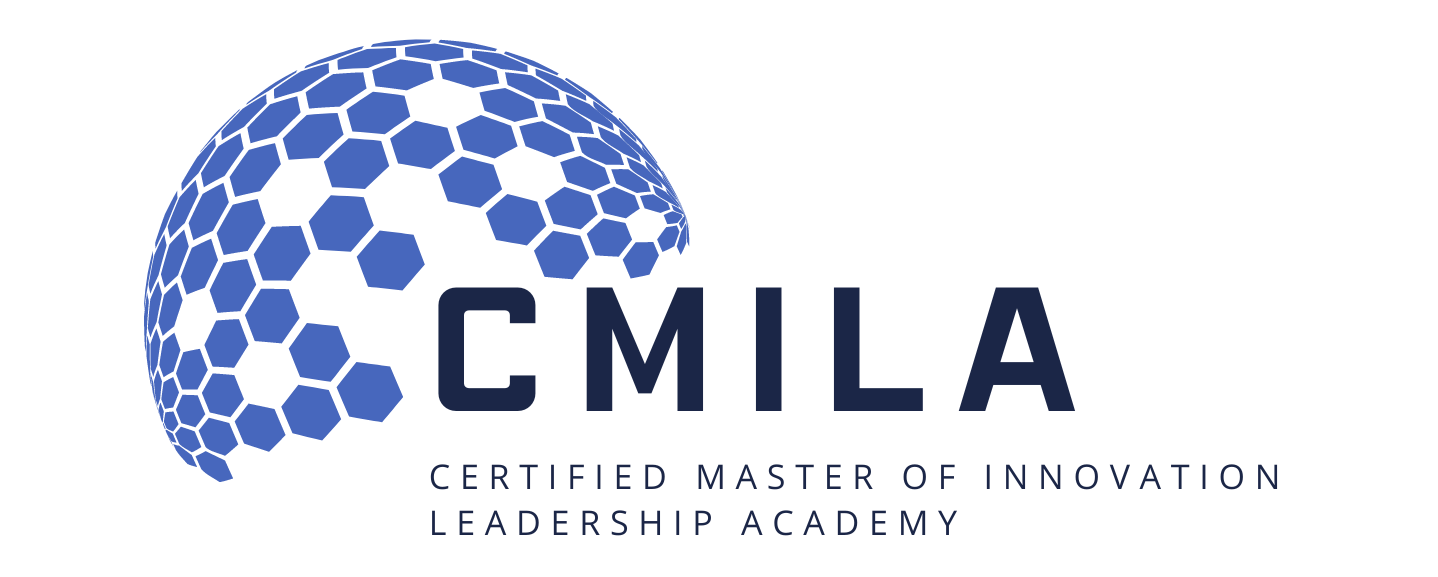Certified Innovation Culture Architect (CICA)
The Certified Innovation Culture Architect (CICA) Certification Course by Tonex is a comprehensive program designed to empower professionals with the skills and knowledge to foster and sustain a culture of innovation within their organizations. This course combines theoretical concepts with practical tools to enable participants to drive innovation at every level of their organization.
Learning Objectives: Upon completion of the course, participants will:
- Understand the principles and components of an innovation culture.
- Learn how to assess the current innovation culture within an organization.
- Gain insights into fostering creativity and collaboration among team members.
- Develop strategies for overcoming common barriers to innovation.
- Acquire skills to implement and sustain innovation initiatives.
- Become certified as Innovation Culture Architects, equipped to lead organizational change.
Audience: This course is ideal for:
- Senior and mid-level managers seeking to drive innovation within their teams.
- Human Resources professionals aiming to cultivate a culture of innovation.
- Entrepreneurs and business leaders committed to fostering a dynamic and innovative workplace.
- Anyone interested in becoming a certified Innovation Culture Architect and contributing to organizational growth through innovation.
Course Outline:
Module 1: Introduction to Innovation Culture
- Defining Innovation Culture
- Importance of Innovation in Business
- Role of Leadership in Cultivating Innovation
- Historical Perspectives on Successful Innovation Cultures
- Understanding the Impact of Innovation on Organizational Success
- Case Studies of Organizations with Strong Innovation Cultures
Module 2: Assessing Current Innovation Culture
- Introduction to Culture Assessment
- Key Indicators of an Innovative Culture
- Tools and Metrics for Assessing Innovation Culture
- Conducting Employee Surveys for Insightful Feedback
- Analyzing Assessment Results
- Developing Action Plans Based on Assessment Findings
Module 3: Fostering Creativity and Collaboration
- Techniques for Enhancing Individual Creativity
- Creating a Culture of Open Communication
- Building Cross-Functional Collaborative Teams
- Design Thinking for Innovation
- Encouraging a Risk-Tolerant Environment
- Leveraging Diversity for Innovative Solutions
Module 4: Overcoming Barriers to Innovation
- Identifying Common Obstacles
- Addressing Resistance to Change
- Overcoming Fear of Failure
- Mitigating Organizational Silos
- Aligning Innovation with Organizational Goals
- Strategies for Navigating Cultural Resistance
Module 5: Implementing Innovation Initiatives
- Creating a Comprehensive Innovation Plan
- Allocating Resources Effectively
- Aligning Innovation Initiatives with Business Strategy
- Building Cross-Functional Innovation Teams
- Leveraging Technology for Innovation
- Measuring and Monitoring Innovation Progress
Module 6: Sustaining Innovation Culture
- Establishing Continuous Feedback Mechanisms
- Encouraging a Learning Culture
- Adapting to Market Changes
- Identifying and Nurturing Innovation Champions
- Building a Scalable Innovation Ecosystem
- Implementing Continuous Improvement Strategies
Overview of the Certification Process:
- Familiarize yourself with the prerequisites, if any, for taking the exam.
- Review the certification roadmap to understand the different levels of certification offered (e.g., Foundation, Advanced, Expert) and the requirements for each level.
- Identify the benefits of obtaining the certification for your career and professional development.
Details of the Exam:
Format: Multiple-choice, scenario-based, practical exercises
Content Areas: Review the exam blueprint or syllabus to identify the specific topics and knowledge areas covered in the exam. This will help you focus your study efforts on the most relevant content.
Passing Score: Understand the minimum passing score required to achieve certification and aim to exceed this threshold during your preparation.
Study Resources: Identify recommended study resources, such as certification manual, study guides and practice exams, to help you prepare effectively for the exam.
Exam Sample Questions:
- Practice with sample questions to familiarize yourself with the exam format and assess your readiness.
- Analyze each question carefully, paying attention to key details and any clues provided in the question stem or answer choices.
- Practice time management by setting aside dedicated study sessions to complete sample questions within the allotted time frame.
- Review your answers and explanations for correct and incorrect responses to identify areas for improvement and further study.
